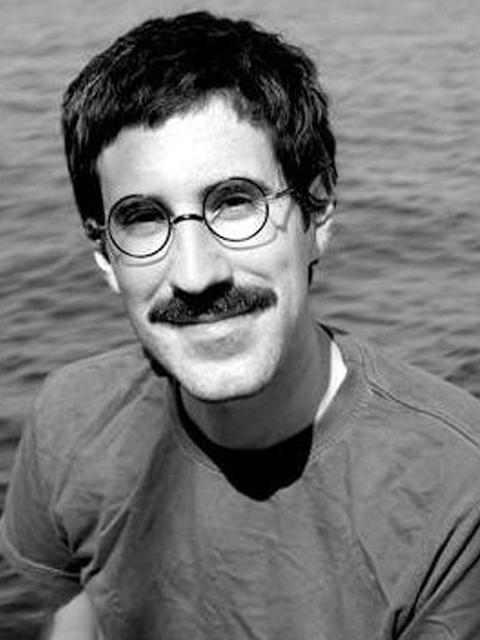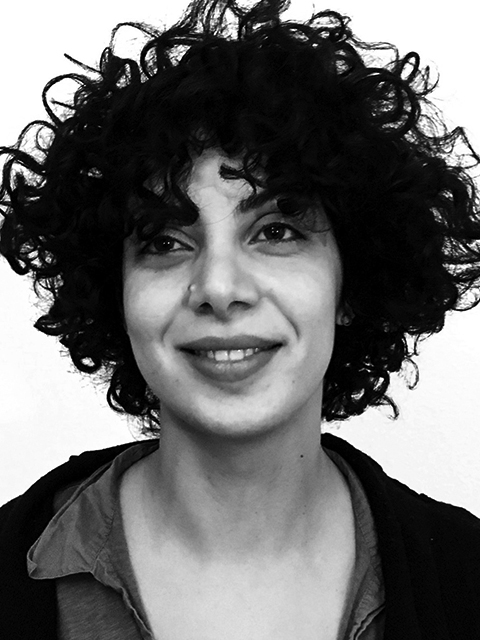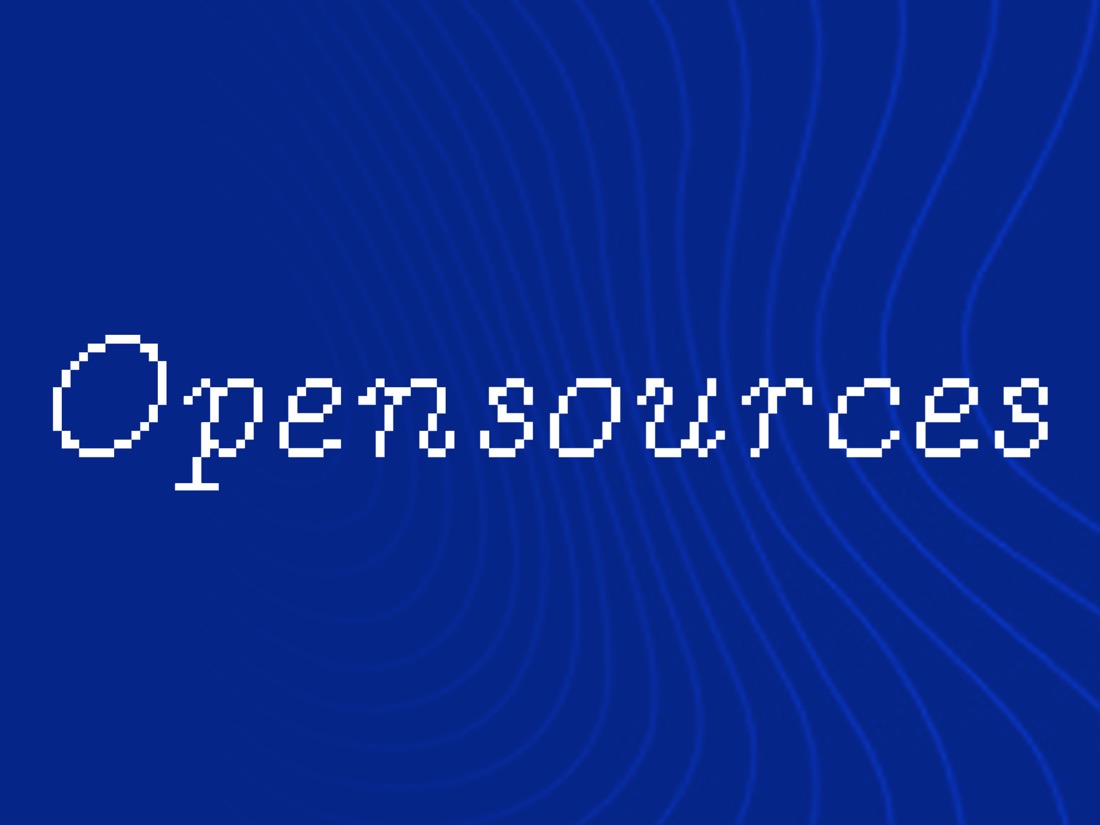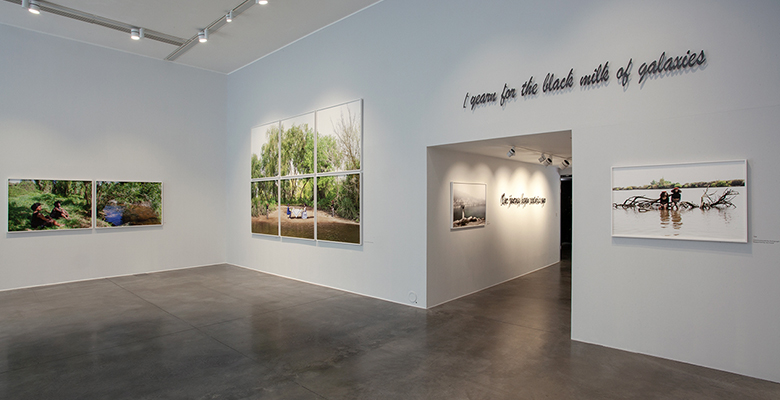Join us for a film screening of Les Sauteurs (Those Who Jump) and a discussion with researcher Dr. Lorenzo Pezzani and Syrian artist-filmmaker Amel Alzakout.
This evening will reflect on participatory approaches to documentary making and democratising cultural production - questioning who gets to tell stories and how - explored through the lens of narratives centred on migration in the Mediterranean.
Les Sauteurs (Those Who Jump) (2016), recounts the daily lives of a group of West African migrants living in an informal camp in the mountains of Northern Morocco, as they plan and attempt to cross the militarised border into Spain. Filmed by Malian migrant Abou Bakar Sidibé in collaboration with Danish filmmakers Estephan Wagner & Moritz Siebert, and intercut with state surveillance footage, the film chronicles Sidibé’s personal journey as both first-time filmmaker and undocumented migrant. The film raises key questions of authorship and positionality in documentary filmmaking, exposing the militarised border regime in the Mediterranean region and Europe’s controversial foreign policy.
The screening will be followed by a conversation where Lorenzo and Amel will discuss their respective film-making practices, which have paved the way in both documenting and indicting human rights violations in the Mediterranean, and ethical responsibility regarding participatory filmmaking and images of racialised violence.
Film Content Warning: Depictions of violent and xenophobic border enforcement practices.

Dr. Lorenzo Pezzani is an architect and researcher. He is a Reader in Forensic Architecture at Goldsmiths, University of London. He is the co-director of Border Forensics (Formerly known as Forensic Oceanography), an agency mobilising innovative methods of spatial and visual analysis to investigate practices of border violence. His work explores the spatial politics, visual cultures and political ecologies of migration and borders.

Amel Alzakout, born 1988 in Syria, is an artist and filmmaker based in Leipzig. Between 2010 and 2013 she studied journalism at Cairo University, Egypt, between 2017 and 2018 she studied art at the Weißensee Art Academy in Berlin, currently, she is studying media art at the Academy of Visual Art (HGB) in Leipzig. Purple Sea, which premiered at the Berlinale in 2020, is her debut film. Filmed whilst crossing the Mediterranean in 2015, Purple Sea is Alzakout’s indicting first-hand account of experiencing a fatal migration-related incident at sea.

Opensources is a new platform dedicated to exploring the intersection of ethics and aesthetics via non-fiction cinema. The project was initiated to explore potentials for democratising both the production of, and access to, non-fiction cinema, while foregrounding innovative approaches to addressing humanitarian and environmentalist questions on-screen.
The project is led by Abiba Coulibaly, a film programmer with a background in critical geography, and Harry Kalfayan, a film programmer and editor with an interest in new forms of nonfiction cinema.
You can follow Opensources on their Instagram.

Everyone is welcome at Autograph. We care about our visitors, staff, artists and community, and have measures in place to help ensure a safe visit for everyone. Have a look at our Visit Us page, it has full information about Covid-19 safety and accessibility at Autograph.
Each year, Autograph has an Open Call for event proposals from emerging cultural producers who are working on a new or early stage project. For successful applicants, Autograph provides a budget, curatorial fee, and support to help make the event happen. This event is a result of our 2022 Open Call.
Banner image: Photograph by Abou Bakar Sidibé
Images on page: 1) Dr Lorenzo Pezzzani. 2) Amel Alzakout. Photograph by Khaled Abdulwahed. 3) OpensourcesTBCOpensources
Autograph is a space to see things differently. Since 1988, we have championed photography that explores issues of race, identity, representation, human rights and social justice, sharing how photographs reflect lived experiences and shape our understanding of ourselves and others.